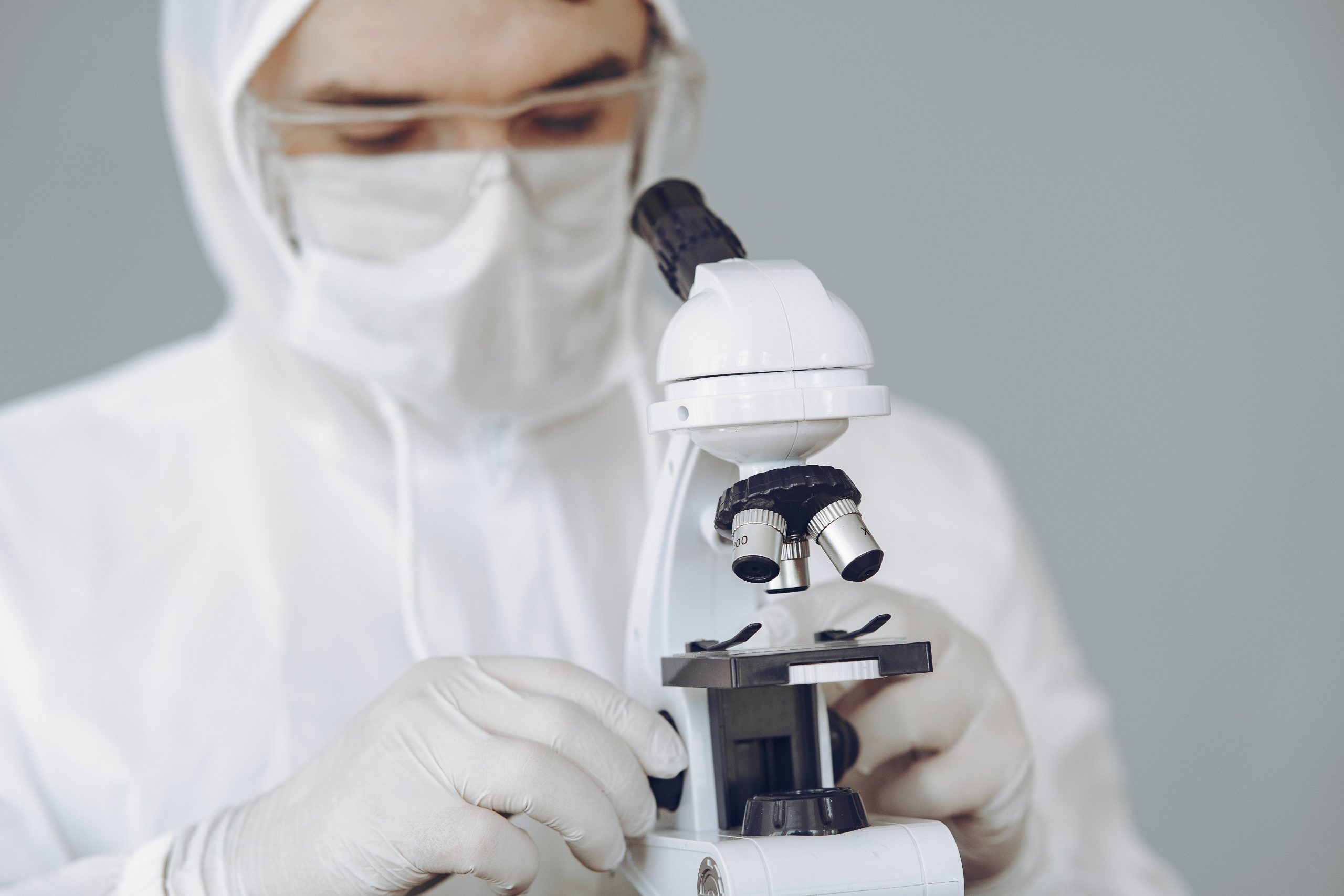
US Food and Drug Administration (FDA) Commissioner Dr. Stephen Hahn has walked back remarks on coronavirus plasma treatment efficacy.
He said he could have explained the effectiveness of the coronavirus plasma treatment against the coronavirus better after giving it emergency use authorization over the weekend.
Scientists criticized Hahn after he claimed that a Mayo Clinic study showed that the treatment led to a 35% improvement in survival. In its authorization, the agency mentioned more complicated results from Mayo Clinic researchers on using the plasma.
According to the FDA, there is reason to regard convalescent plasma as an effective treatment for Covid-19 patients and that the identified and potential benefits outweigh the potential risks of such products.
Several health authorities are worried about the use of convalescent plasma because the data from its clinical trials is not enough to ensure the effectiveness of its widespread application.
According to the Mayo Clinic, which is studying the treatment, the convalescent plasma treatment involves the use of blood from recovered Covid-19 patients who were able to develop antibodies against the virus and injects it into patients who contracted the virus to prevent severe cases.
“Today’s action will dramatically expand access to this treatment,” President Donald Trump said at a White House press briefing on Sunday evening, a day before the Republican National Convention. “We’re removing unnecessary barriers and delays.”
According to the study, patients younger than 80 years old who were not on a respirator and took plasma with a high level of antibodies within three days of diagnosis were about 35% more likely to live for another 30 days compared with those who took plasma with a low level of antibodies. However, the weak part in the Mayo study was that it did not include a controlled group of individuals taking a placebo.
A relative risk reduction
“I have been criticized for remarks I made Sunday night about the benefits of convalescent plasma. The criticism is entirely justified,” Hahn said in a tweet. “What I should have said better is that the data show a relative risk reduction not an absolute risk reduction.”
“The decision was made by FDA career scientists based on data submitted a few weeks ago,” Hahn tweeted Monday night.
Hahn told “CBS This Morning” that the change was not made to please President Donald Trump, adding he can assure the public the decision “was made based upon sound science and data.”
“We looked at the Mayo Clinic data,” he said. “The Mayo Clinic identified a group of patients, certain patients that it looked like this benefited the most, that the antibodies benefited them the most. We asked for additional validation data that came in, which supported that, meaning that comparing those patients who got high concentrations of antibodies versus those that got low concentrations of antibodies.”
He noted he has a “very good relationship” with the president and that he spoke with him “several times this weekend.”
“He wants us to be focused on the urgency of this situation and moving things forward, and I have great faith in the 17,000 FDA employees, who are terrific scientists, doctors and nurses, that we’re going to do that moving forward for the American people. That’s our promise to them,” Hahn said.






